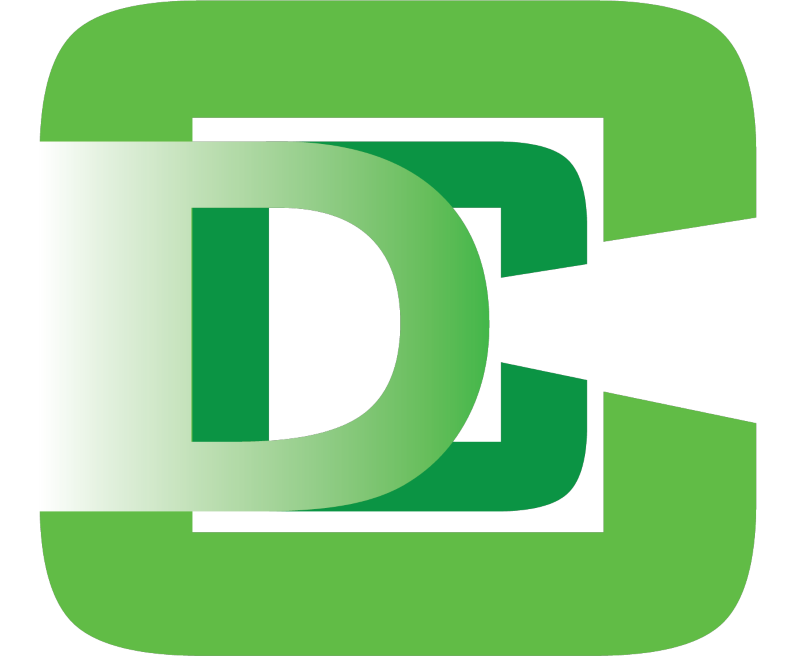In 2015, the Ministry of Finance launched a nationwide Financial Literacy and awareness campaign towards the support of Government of Ghana’s comprehensive financial inclusion strategy effort. This campaign was to span for six (6) months in order to consolidate existing financial policy priorities for improving outreach of financial services throughout the country. The campaign was categorized into two projects, namely ‘Financial Literacy ToT’ and ‘Financial Literacy Sensitization’. These projects looked at the demand and supply of financial services in the country, targeting the financial service providers and the public such as the farmer based organizations, small holder farmers. Manuals and slides were prepared, used and disseminated to the various groups and institutions to aid in facilitating understanding of the themes involved.
The financial literacy Trainer of Trainers (ToT) adopted the strategy of using the RMFI and other Microfinance service providers as a medium to reach the public. It involved an initial assessment of a selection of Rural Microfinance Institutions (RMFIs) and Microfinance Institutions (MFIs) staff on financial literacy and further training of same staff. These trained staff were to sensitize their colleagues and train their clients in order to determinate financial literacy through their institutions and to their clients.
In the same way, the Financial Literacy Sensitization adopted the approach of using Value Chain actors in the agricultural value chain. The projects approach was to use the DVCCs, Agric extension officers and the FBO executives to reach the FBOs in the country. The DVCCs, and the Agric extension officers were first trained in financial literacy. The trained officers went on to sensitize the FBO executives of selected Farmer Based Organizations. These sensitized FBO executives went on to hold sensitization workshops with their members on their meeting days in order to disseminate the sensitization to them.
Months after, the two projects have ended, yet Financial Literacy lives on. Each day radio and television stations air messages on financial literacy in English, Twi, Ewe, Ga-Dangme, Dagbani, and Dagaari in their bid to promote financial inclusion in Ghana. Adverts concerning saving money in safe and recognized institutions, how to plan and prioritize with money and the do’s and don’ts concerning savings and loans are aired. Financial service providers, be it formal or informal advertise their products and services on air and chip in tip bits on financial literacy. Financial service providers have taken to showing videos on financial literacy in their training centres and reception or banking halls in order to continuously educate their staff and clients. Theatre shows and plays are acted and shown on television showing the differences between the financial literate and the financial illiterate.
All these have been done, to educate the public and promote savings habits in the country. With the public better informed and sensitized, financial service providers would have less of a hustle convincing prospective clients of the need to save or invest; there would be fewer misunderstanding between clients and their financial service providers; portfolios of the financial service providers would improve and risk in giving out facilities will be mitigated. In summary, it is the vision of the project to have a better relationship between providers and the public and reduce the tendency of the public to being duped or defrauded by fraudulent people. The onus lies on the financial service providers now, to continue disseminating the education of Financial Literacy to their existing and prospective clients to aid in pushing the cause of a financially literate nation.

